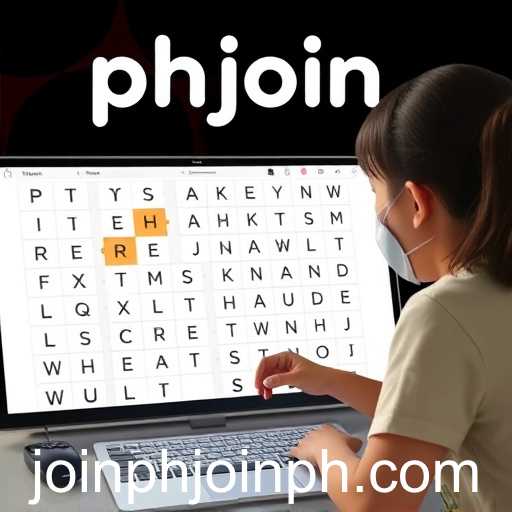As the digital world continues to innovate, 2025 has seen a significant trend in the revival of language-based games, a welcomed resurgence fueled by both nostalgia and the global demand for language learning. A leading platform in this wave is 'phjoin', an English game website that combines the excitement of traditional puzzles with modern digital interactivity.
One of the standout aspects of 'phjoin' is its ability to engage players of all ages through various levels of difficulty, from novice to expert. The platform has expertly tapped into the needs of users wanting to enhance their linguistic abilities while enjoying the process as much as any other gaming experience. This dynamic approach has seen its user base expand rapidly over the past year.
In the context of 2025, this trend is part of a broader shift where digital literacy and language skills are increasingly prioritized by users worldwide. It reflects a societal movement towards valuing soft skills and the ongoing efforts to bridge cultural gaps through language. Online gaming is no longer just about entertainment; it is evolving into a multifaceted tool that can be leveraged for education and personal development.
The growth of 'phjoin' and similar platforms also indicates how technology can repurpose conventional subjects in innovative ways. By integrating competitive elements and social interactions, these games make language learning an enjoyable part of everyday life. This blend of competition and education encourages continuous engagement and fosters a global community connected by a shared love for language and puzzles.
Interestingly, the rise of such applications in 2025 has coincided with global events that highlight the necessity of cross-cultural communication. In a world still navigating the challenges posed by a post-pandemic society, platforms like 'phjoin' offer a healthy escape while promoting essential skills, proving that the power of play is as educational as it is entertaining.








